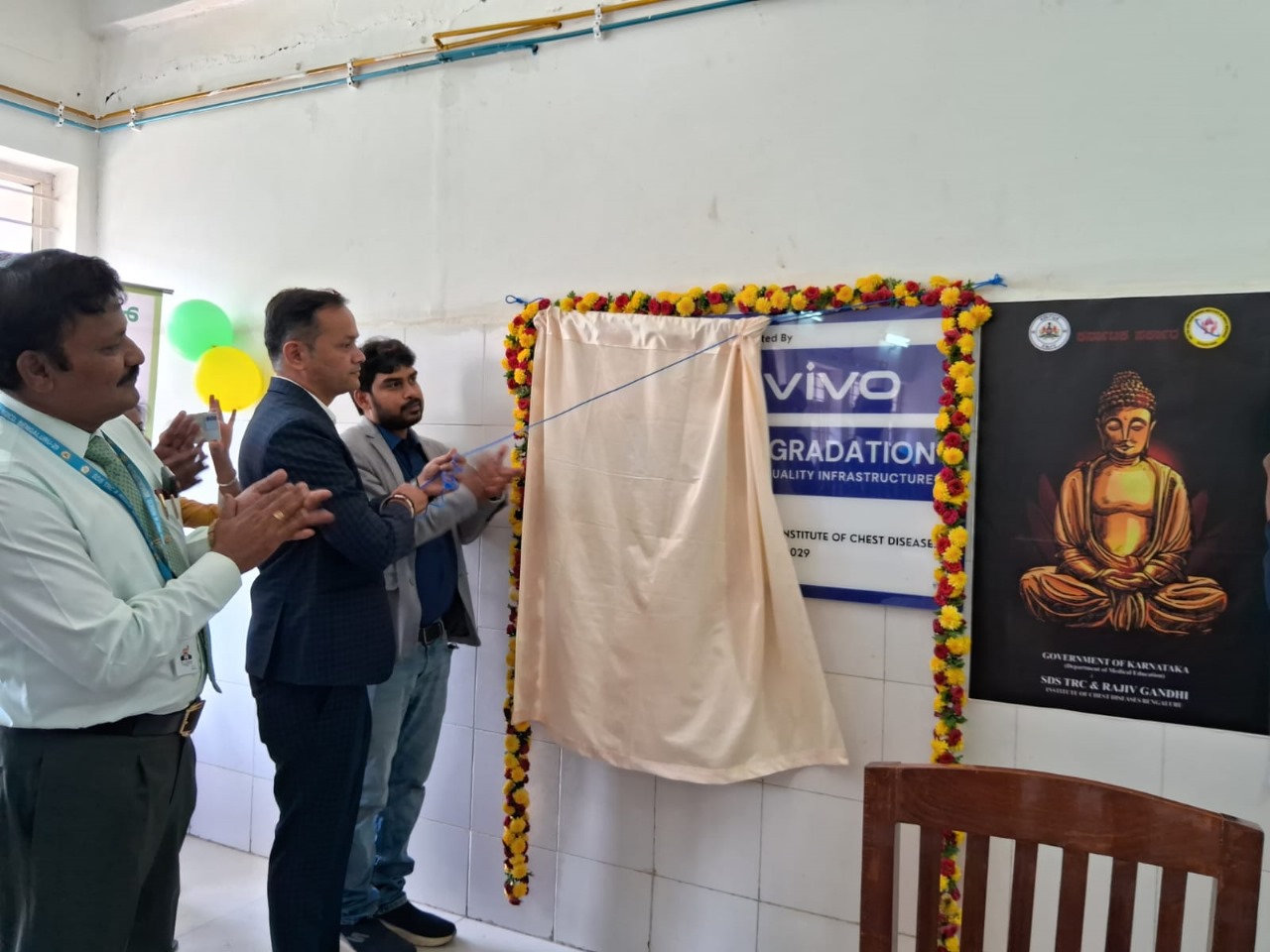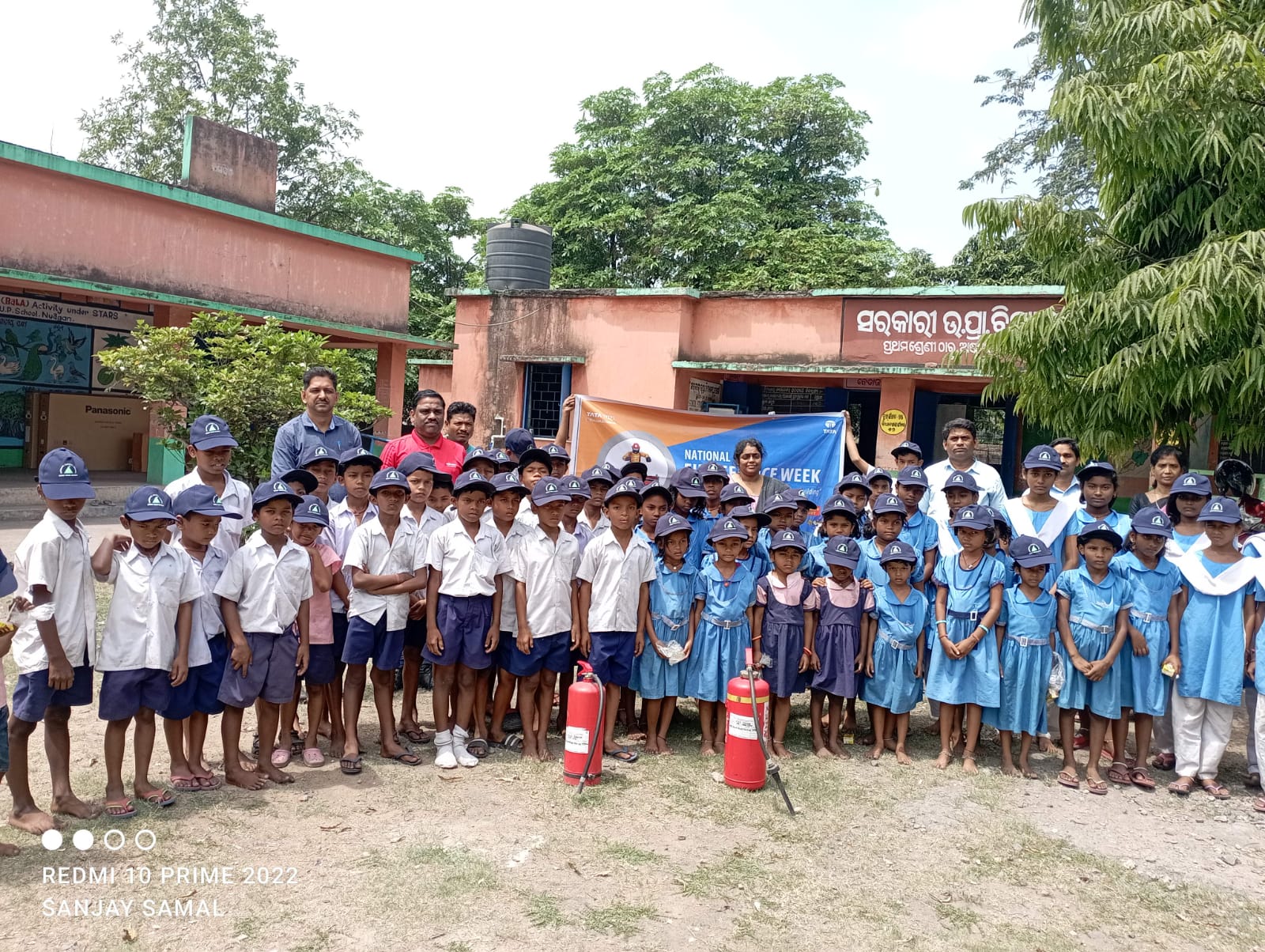Subscribe our Weekly Newsletter
RFP for Impact Assessment of Tejaswini Rural Employment Programme in Madhya Pradesh

Organization: UN Women
Apply By: 29 Sep 2020
RFP for Impact Assessment of Tejaswini Rural Employment Programme in Madhya Pradesh
About the Organization:
UN Women is the UN Entity for Gender Equality and the Empowerment of Women. UN Women is dedicated to gender equality and the empowerment of women. A global champion for women and girls, UN Women was established to accelerate progress on meeting their needs worldwide.
Background & Context:
Tejaswini Rural Employment Program (TREP) is being implemented by the Mahila Vitta Vikas Nigam (MVVN), Department of Women and Child Development , Government of Madhya Pradesh in 6 districts- 3 southern tribal districts (Balaghat, Mandla, and Dindori) and 3 northern districts of the Bundelkhand region (Chhatarpur, Panna, and Tikamgarh).
The overall goal of the TREP in Madhya Pradesh was to enable disadvantaged women to avail choices, spaces and opportunities in the economic, social and political spheres for their improved well-being.
Rationale for the Assignment:
UN Women India MCO has signed a Memorandum of Understanding (MOU) with the Government of MP for enhancing gender equality and women empowerment in the State. At the request of the State Government, UN Women will undertake an independent impact of Department of Women & Child Development (DWCD)’s initiative of “Tejaswini Rural Empowerment Program”.
Accordingly, UN Women seeks to hire an Agency to undertake the Impact Assessment (IA) of the TREP. This document outlines the Terms of Reference for an Impact Assessment (IA) of TREP to be carried out in six districts of Madhya Pradesh. The Assessment will be situated in the work done under the MVVN, Directorate of Women and Child Development, Government of Madhya Pradesh.
Objectives and Purpose:
The main purpose of the IA is to provide a well-researched and documented overview of the impact of TREP, since the establishment by the Government in 2018. This would include, inter alia, the design and implementation of TREP and whether the overall goal of the programme that is to enable poor women to avail of choices, spaces and opportunities in the economic, social and political spheres for their improved well-being is being achieved or not. This assessment is expected to:
- Identify, analyse and document changes that have occurred in the lives of the women in the particular districts in response to the TREP initiatives to address/ inform/ influence poverty alleviation, socio-economic development, political participation, violence, power relations, equity, cultural change, etc.
- Assess the deployed strategies, identify best practices to be scaled and gaps that need to be bridged along with recommendation.
- Study the role of the State Government in strengthening service delivery and improving incomes of the SHGS/ Federations covered under TREP. Also, identify opportunities to leverage this network for delivery of key government schemes.
- Generate data and analysis to inform policies, develop new strategies, improve existing interventions and/or strengthen advocacy initiatives on WEE.
- Capture long terms successes, models, strategies and tacts to inform nation -wide policy advocacy.
The IA is also intended to provide key learnings and suggestions for national programmes and actors striving towards Women Economic Empowerment (WEE) in the country through Self Help Groups (SHGs) led initiatives, given the poorest part of the state, and women suffer considerably from the overall burden of household poverty and gender issues.
Accordingly, the IA is expected to inform and feed into national and state processes of SHGs initiatives for WEE, and should highlight scalable tactics, tools, techniques, models, and approaches. The document is also expected to strongly reflect the transformational journeys of rural women, highlighting their obstacles, triumphs, perspectives, innovations, and learnings on their empowerment process.
Main users of the Impact Assessment
The main users of the Impact Assessment will be:
- Department of MP Government: Women & Child, Tribal, Agriculture, Forest, Horticulture, Rural Development, State Rural Livelihood Mission (SRLM).
- Government, Civil Society, Financial Institutions, Development Organisations and Academic stakeholders working on the issue of socio-economic and political empowerment of women in India and elsewhere.
- UN Women and other international development agencies.
Scope of Work & Key Tasks:
The outline of a tentative plan is presented below. It will need to be adapted and refined by the study team in close co-operation with the UN Women team. Throughout the IA, the team will observe the UN ethical guidelines for Study.
- Phase 1: Inception
- Phase 2: Participatory data collection and analysis
- Phase 3: Data analysis and Report Writing
- Assessment Report, Best Practices & Infographics
Selection Criteria:
Organisations registered in India as for-profit private, public or govt-owned enterprises are eligible to apply for this assignment and will be assessed for selection based on following criteria:
Qualifications of the Organisation:
- Minimum five years of experience in areas of consulting, impact assessment, research
- Should have handled relevant projects in research on similar assignments specifically related to gender research
- Professionally competent team of experts to support this assignment
- Experience on similar projects of UN Women or with any other UN Agency is preferred
- Women owned/ led Companies and/or Women Empowerment Principal signatories will be given preference.
Qualifications of the Team Leader:
The Team leader must have demonstrated capacity in research, especially on gender equality, gender mainstreaming and WEE. The team leader should have:
- Post-graduate degree in social sciences or international development or related fields with minimum fifteen years working experience in international development, gender equality and women empowered.
- Experience in leading research programs and analytical reviews, conducting and leading corporate/organizational studies and assessing institutional capacities on gender
- Experience in projects related to mainstreaming gender equality to policies/programming/development
- Experience in similar assignments in producing reports (preferably research and policy linked) to a publishable quality
- Knowledgeable about human rights-based approaches to programming on WEE issues, and skilled in working with a wide range of contexts.
- Excellent analytical skills and communication skill in Hindi & English;
Qualifications of Team Member:
- Post-graduate degree in social sciences, international development or related field.
- Experience ten years for mid-level team members and five years for junior team members, in development, with specialization in gender, social development, and women's rights.
- Significant knowledge and experience of study concepts and human-right based approaches on WEE;
- Recent experience with gender equality issues and knowledge of mainstreaming gender Recent experience with gender equality issues and knowledge of mainstreaming gender equality into policies/ programming/ development;
- Sound understanding of human rights based approaches;
- Experience of similar projects in India specially Madhya Pradesh;
- Facilitation skills, particularly design of qualitative and stakeholder consultations;
- Strong quantitative and qualitative data collection and analysis skills;
- Excellent analytical skills and communication skills;
- Demonstrated writing skills in English with strong Hindi proficiency
Roles and Responsibilities of Parties:
Responsibilities of the Proponent:
- Preparation of a detailed week-wise/deliverable-wise work schedule for the impact assessment
- Conducting the assessment with adequate attention to building ownership of common analysis and recommendations;
- Developing and testing data collection instruments, including questionnaires, interview questions and focus group protocols;
- Developing any databases needed for processing quantitative and qualitative data;
- Systematic assessment, data collection and data processing;
- Design and facilitation of required meetings;
- Preparation and delivery of draft and final reports and presentations; and
- Completing the assessment on time and within budget.
Responsibilities of UN Women:
- The M&E Unit of UN Women India Office will be responsible for management of contract as well as the day-to-day management and coordination. The M&E Unit will also coordinate with the relevant Programme & State teams, as necessary.
Requests for clarification should be addressed to the e-mail address: procurement.india@unwomen.org
Deadline: 29th September 2020; 1730 hrs
For more information please check the Link
Latest Online Store
Latest Grants
Latest News
© Renalysis Consultants Pvt Ltd


























